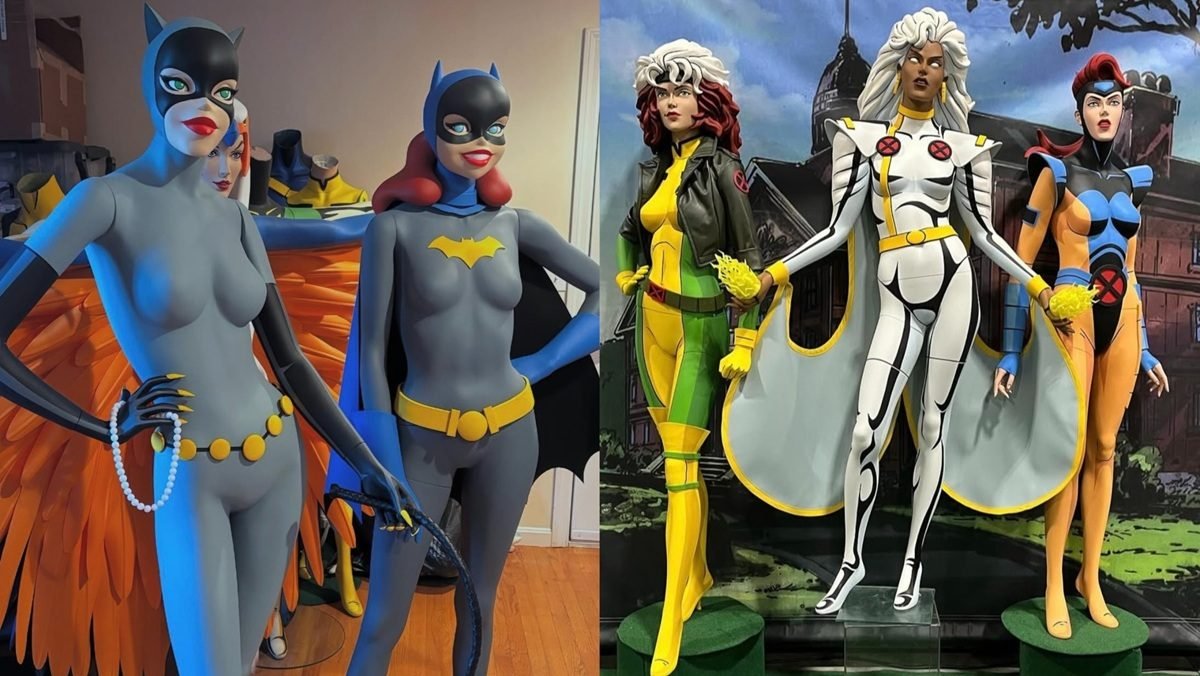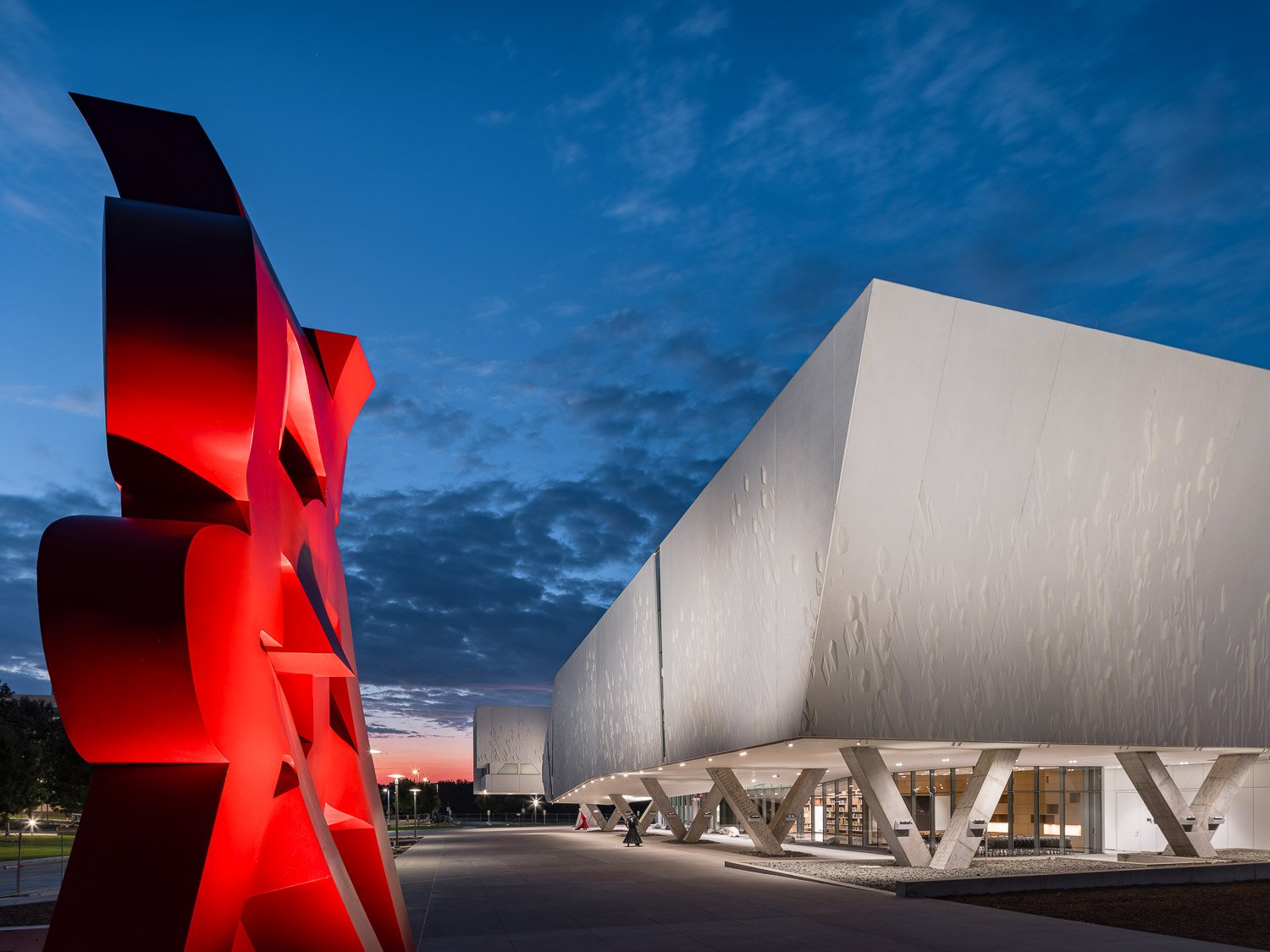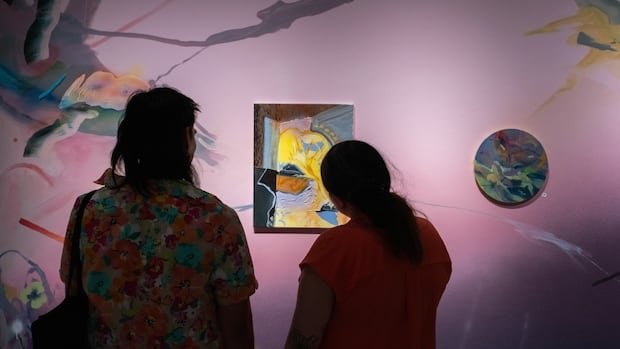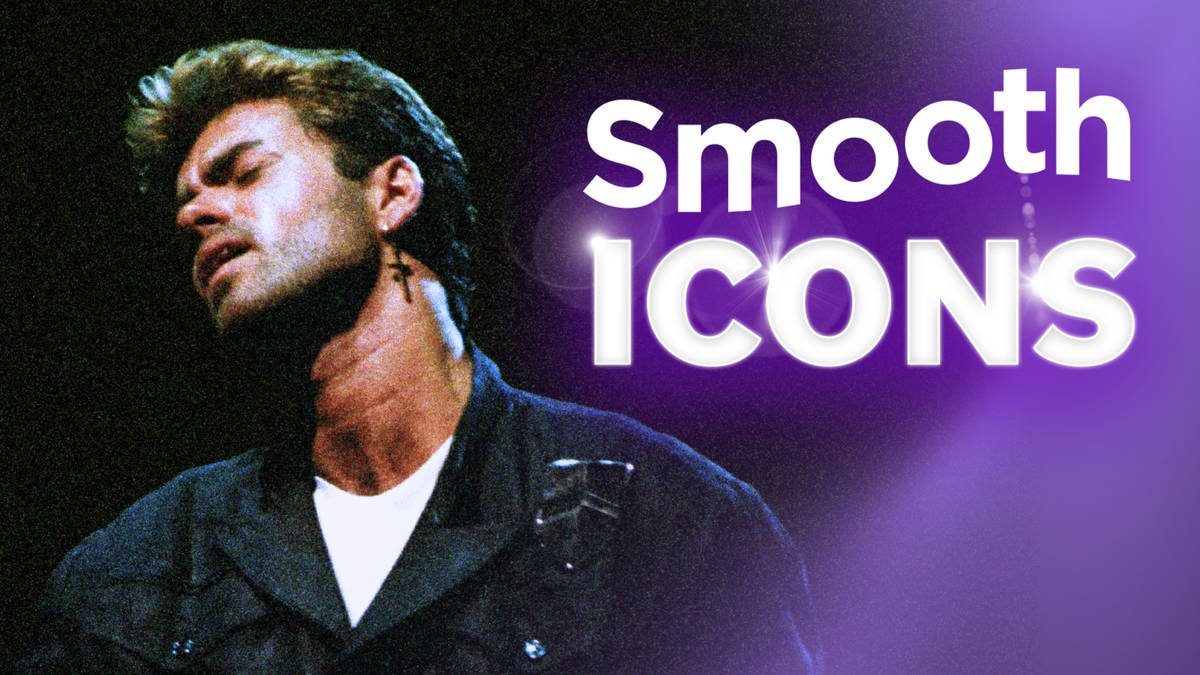This week, we are excited to spotlight DIM KELLY, an artist known for his melodic sensibilities and emotional depth. His latest release, the Homily EP, is a testament to his ability to blend intricate melodies with various influences from classical to hip hop.
In our interview, DIM KELLY delves into his journey in the music industry, sharing personal anecdotes and pivotal moments that have shaped his career. He discusses the importance of having a supportive community and mentors, recounting valuable advice from notable figures like Kid Creme and Lee Burridge. His insights provide aspiring artists with practical advice on navigating the challenges of the music industry, emphasizing the importance of quality in music production and the value of human connections.
DIM KELLY’s reflections on his career highlight the lessons he has learned and the mindset that has driven his success. He speaks candidly about the need for dedication and hard work, balancing the demands of touring with the creative process of recording music. His commitment to his craft and passion for sharing meaningful music offer valuable guidance for emerging artists striving to make their mark in the industry.
DIM KELLY’s Spotify Playlist Curations
Through his curated playlist, DIM KELLY shares the music that has inspired his creative journey, offering listeners a glimpse into the sounds that shape his artistic vision.
DIM KELLY’s Advice On Making It In Music
What initially inspired you to start making music, and have there been any specific moments or experiences over the course of your career that have shifted your perspective on creating art? Do you believe there is a ‘right reason’ to pursue a career in music?
I’ve always been immersed in artistic expression, drawing since childhood and studying visual arts. One day, I met Kid Creme. He was a producer with a studio, and I think I was about 16 years old. It fascinated me and turned all my small life projects upside down. Gradually, music started to take precedence over drawing, and eventually, I had to face the reality. I believe that choosing this path with the support to succeed gave me the incredible chance to try living by doing something I love and that fulfills me, making perfect sense from a personal and egotistical standpoint.
From a broader perspective, for a long time, I felt it didn’t make much sense because I couldn’t see any real meaning in my own existence. Then, during a trip to India (yes, it’s a huge cliché, haha), I realized that if there was one thing that could give meaning to my actions and my existence, it had to be love. It’s the only reliable, “free,” and timeless value that truly gives depth and meaning to the world for me. Naturally, this is what I strive to share in my music and my sets.
How crucial is it to be surrounded by a supportive community of artist peers and/or to have a mentor in the music industry? What is the best piece of career advice you’ve received from an artist you admire, and how has it shaped your journey?
Kid Creme once told me, “Choose your sources wisely,” referring to the sounds and samples I use. It’s crucial for making music that truly sounds good, especially today with platforms like Splice where the sample quality can be mediocre. Club music is a bit like Italian cuisine—few ingredients, but of the highest quality, make the best dishes. It’s tough to make a kick sound right if it’s already heavily compressed and lacks sub or mid frequencies. So yes, I believe you really have to be meticulous about this.
On another note, Lee Burridge has been a tremendous support, boosting my confidence in my work. He’s supported me from day one and has been deeply involved in my DJ career process. However, I think being well-supported by others depends on how you surround yourself, how you love yourself, and your ability to let go, to accept what is, and to trust. For me, the human connection is paramount, so I pay close attention to that. Beyond music and business, there’s a human adventure that takes precedence for me.
Reflecting on your career in music so far, is there anything you would do differently if you had the chance? What specific decisions or moments do you wish you could revisit, and what lessons have you learned from these experiences that could benefit aspiring artists?
I wouldn’t change a thing; everything that happened was meant to bring me here, and I’m quite happy with where I am. Maybe I should have trusted myself earlier, but even that developed a trait in my personality that I’ve come to appreciate. The only constant has always been my determination to do what I felt like doing without worrying too much about whether it fit with others’ expectations.
As I’ve said before, don’t try too hard to fit with a label. Make music without overthinking where it will go, and it will find its own path. There are thousands of labels with infinite nuances, so don’t restrict yourself in your creative process. Otherwise, you’ll end up with music that’s homogeneous and lacks soul.
With the devaluation of recorded music in today’s music industry, many artists depend on live performances for financial stability – but of course an artist needs to create music in order to sell tickets to their shows. How do you manage the demands of touring while still finding time and energy to record music? Do you have any advice for artists who are struggling to balance their touring commitments with their need to create new music?
Work, work, work, and more work. Even if I’m playing until 6 AM on a Saturday, you’ll find me in my studio on Sunday afternoon. It takes courage and a kind of single-minded obsession (which I’ve inherited for better or worse), but to me, that’s what makes the difference. I don’t see any magic formula without effort. On the contrary, it can be exhausting at times, but in another way, what a privilege to be able to do it.






